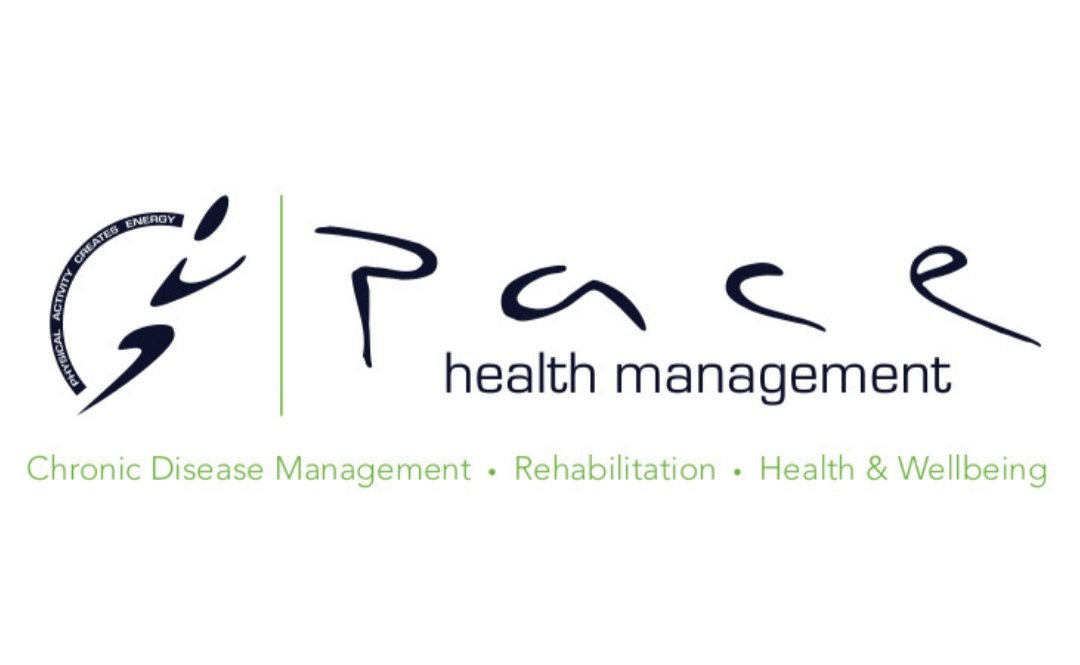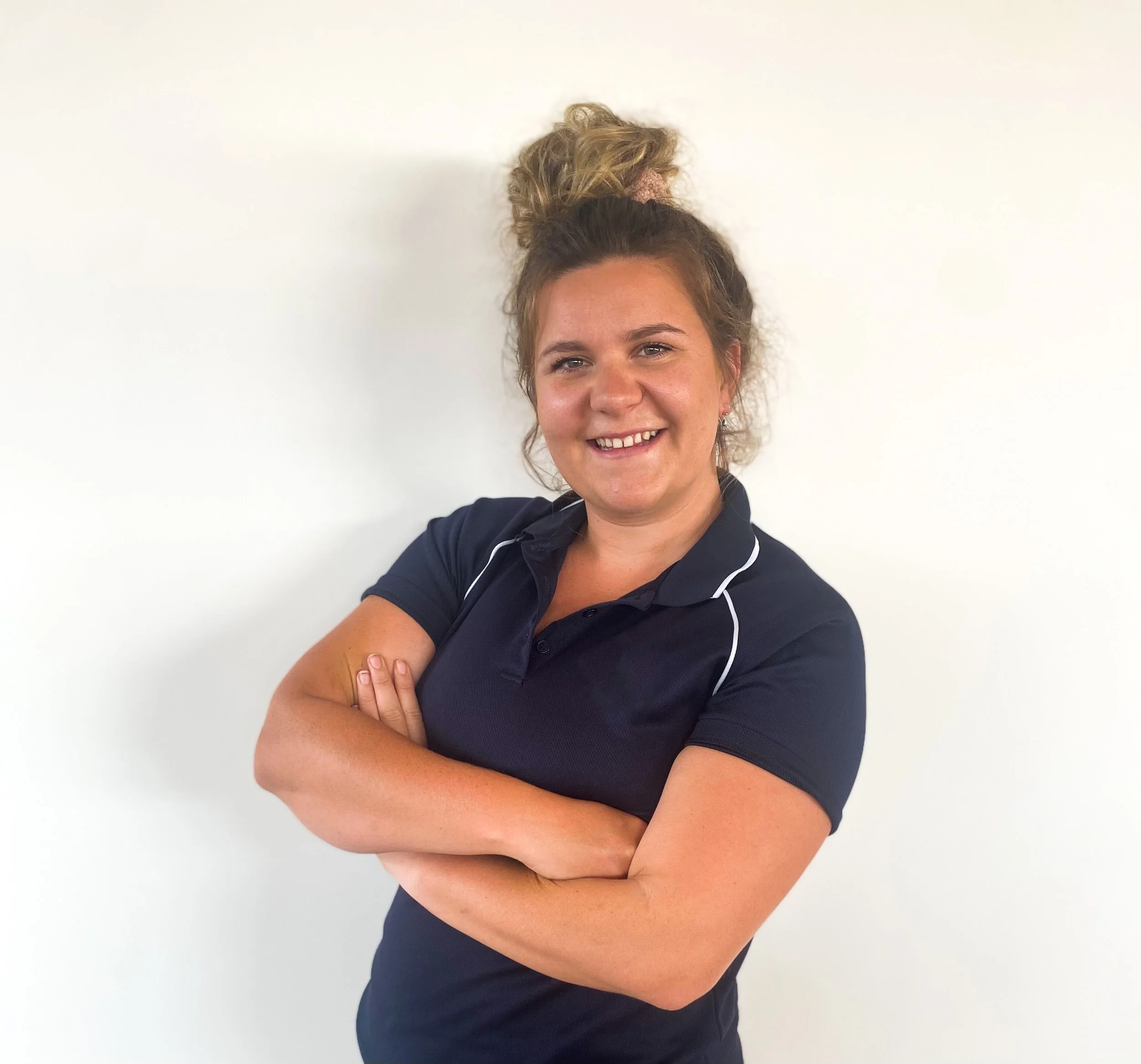MYOTHERAPY Now Available at DROMANA!!!
Conveniently Located at 234 Boundary Road
What is Myotherapy?
Designed to assess, treat and rehabilitate physical pain and muscle injuries,
Myotherapy is a well-respected physical therapy that can improve muscle and joint function and performance.
Sammie Wright
Myotherapist
Sammie Wright is a degree-qualified Myotherapist, completing her studies at Torrens University (formerly Southern School of Natural Therapies), Melbourne in 2022. Growing up on the Peninsula Sammie has always led an active lifestyle and is particularly connected to the Football-Netball and Basketball communities of the Southern Peninsula.
Sammie came to understand the implications impaired physical health can yield on all other aspects of an individual’s sense of health and wellbeing through the experience of her own sporting injuries and observing the physical impairments of loved ones. This has translated into a passion for helping people to keep moving along the way.
-
Sammie strives to provide her patients with the best support possible for managing their musculoskeletal pain or dysfunction. She utilises a number of hands-on skills including soft tissue massage, cupping, dry-needling, joint mobilization, passive stretching and guided muscle activation techniques. Patient communication, empowerment and rapport-building are values that are strongly reflected in the manor in which she practices. Sammie is also dedicated to providing evidence-based care and staying up to date with education in her field.
Sammie loves getting in the gym when she is not running around a netball or basketball court. She also loves cooking, camping, walks with her dog (Henry), her annual ski trips, reading and spending summer on the beach!
What can Myotherapy help with?
According to experts, Myotherapy can help prevent and treat a range of acute and chronic musculoskeletal pain and disorders. These include:
Myofascial pain – Myofascia is the connection of muscle and fascia (connective tissue). All of our muscles are surrounded and protected by fascia. Pain arising from our myofascia can originate from trigger points (local points of tension within myofascial tissue), from overloaded myofascia from exercise or poor posture, or from other inflammatory or nervous system related issues. Myofascial pain often presents with a dull aching sensation and can produce referred pain to other locations.
Lower back pain – Lower back pain is typically a result of spinal stenosis, a sudden injury to the muscles and ligaments, osteoarthritis, compression of nerves, lack of physical activity, disk injuries, scoliosis or poor posture. Myotherapy can help decrease muscle tightness, restore the body’s natural posture and relax the spasm muscle to promote long-term healing.
Tension headaches and migraines – Myotherapy is an excellent option for managing the causes and symptoms of tension headaches and migraines. Often the source of this issue is neck or jaw-related. The Myotherapist can employ a wide range of clinical options, including myotherapy massage, to help alleviate the pain.
Sports injuries, such as muscle sprains, strains and tears – Well-sought after within the professional sporting world, Myotherapy often plays a crucial role in treating and rehabilitating sports injuries. Myotherapy can not only help restore optimal activity (rehabilitation), it can reduce the likelihood of further injury.
Tendinopathy – Tendon pain can be incredibly difficult to accurately assess and manage. Myotherapists are trained to identify tendon problems and create an effective clinical intervention that reduces pain and inflammation.
Degenerative joint pain – Myotherapy can help alleviate pain associated with arthritic presentations and improve function to allow healthy and comfortable movement.
Rehabilitation from surgery – Manual therapy and exercise are important for effective post-surgical recovery in many cases. Myotherapists are skilled in helping people recover faster and helping them get back to work or sport.



